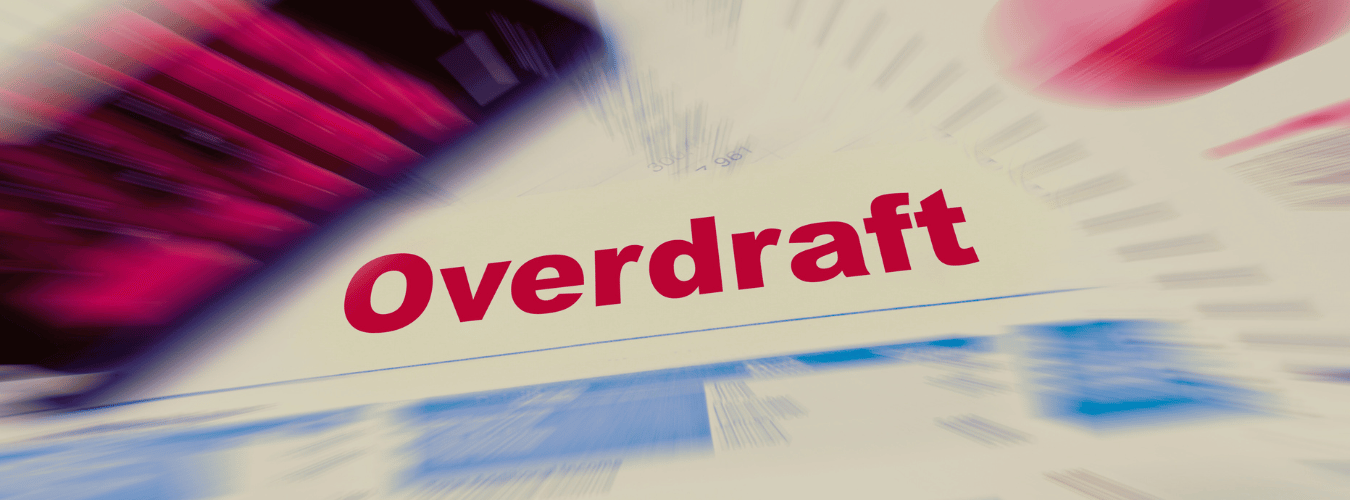
Overdrafts vs Loans
At some point in life no matter how hard you try, you may run into money troubles and it’s worth keeping in mind anyone can fall on hard times. Money troubles can come unexpectedly and sometimes we need to spend large amounts of cash in short spaces of time, this may lead to your savings or rainy day fund becoming low. For a lot of people their first thought is to get an overdraft, but a loan could provide a faster short term fix. So you may be thinking what’s the right solution for your overdraft or loan?
Overdrafts
Overdrafts are a brilliant tool to use financially and allow you to borrow money over a short period of time. Overdrafts are usually taken out through your bank and once you use it your balance will fall to a negative amount, when your money is deposited into your account then it will come off your overdraft balance. If your credit rating is good then your bank may automatically offer you an overdraft but in most cases you need to apply.
This is known as an authorised overdraft and is the amount your bank has chosen to lend you, but some banks allow you to fall into an unarranged overdraft which often comes with charges. Although customers have been protected since April 2020 which means banks and building societies can only charge a single annual interest APR on overdrafts meaning daily or monthly charges for un-arranged overdrafts no longer exist.
You will be limited to choice when trying to find a bank that offers customers an interest free overdraft, you will normally be offered a low limit for a short space of time.
Should You Choose An Overdraft?
Your financial needs will probably determine if an overdraft is the right option for you, many people only use them to cover payments or emergency costs until payday comes round. With an overdraft there is no set repayment plan in place, so you could be overdrawn for a short period of time, sometimes a little longer but it’s vital you pay the money back. Because this option is so flexible you can decide how much and when you’re going to pay it back.
Negatives of Overdrafts
1 – The amount you can borrow tends to be considerably less than a personal loan.
2 – You may be granted an overdraft of up to £2000 if you income and credit score are good.
3 – Always check the monthly interest as the charges can be high, plus your bank could reduce your overdraft at any time and ask for repayments.
4 – If you stay in your overdraft for a considerable amount of time obtaining credit anywhere else may become difficult.
5 – You can only obtain an overdraft with the bank you hold your current account with making it hard to shop around for better deals.
Is A Loan A Better Option?
A loan is paid back over a short period of time with agreed payment to be made monthly or weekly and you could encounter added interest. There are many loans available on the current market such as personal loans and doorstep loans.
Benefits of Loans
1 – Your repayments will be a fixed amount over a set period so you know how much and how long it will take to pay back.
2 – You can usually borrow more if you choose a loan over an overdraft, if you get your loan over a longer period of time it could work out cheaper in the long run.
Negatives of Loans
1 – Loans often come with high interest rates meaning a small amount could take longer to pay back.
2 – Loans offer less flexibility when it comes to repayments, you don’t have a choice you need to make repayments when they’re due or your credit score will be affected.
3 – Secured loans allow access to larger amounts but linked to your personal assets.



